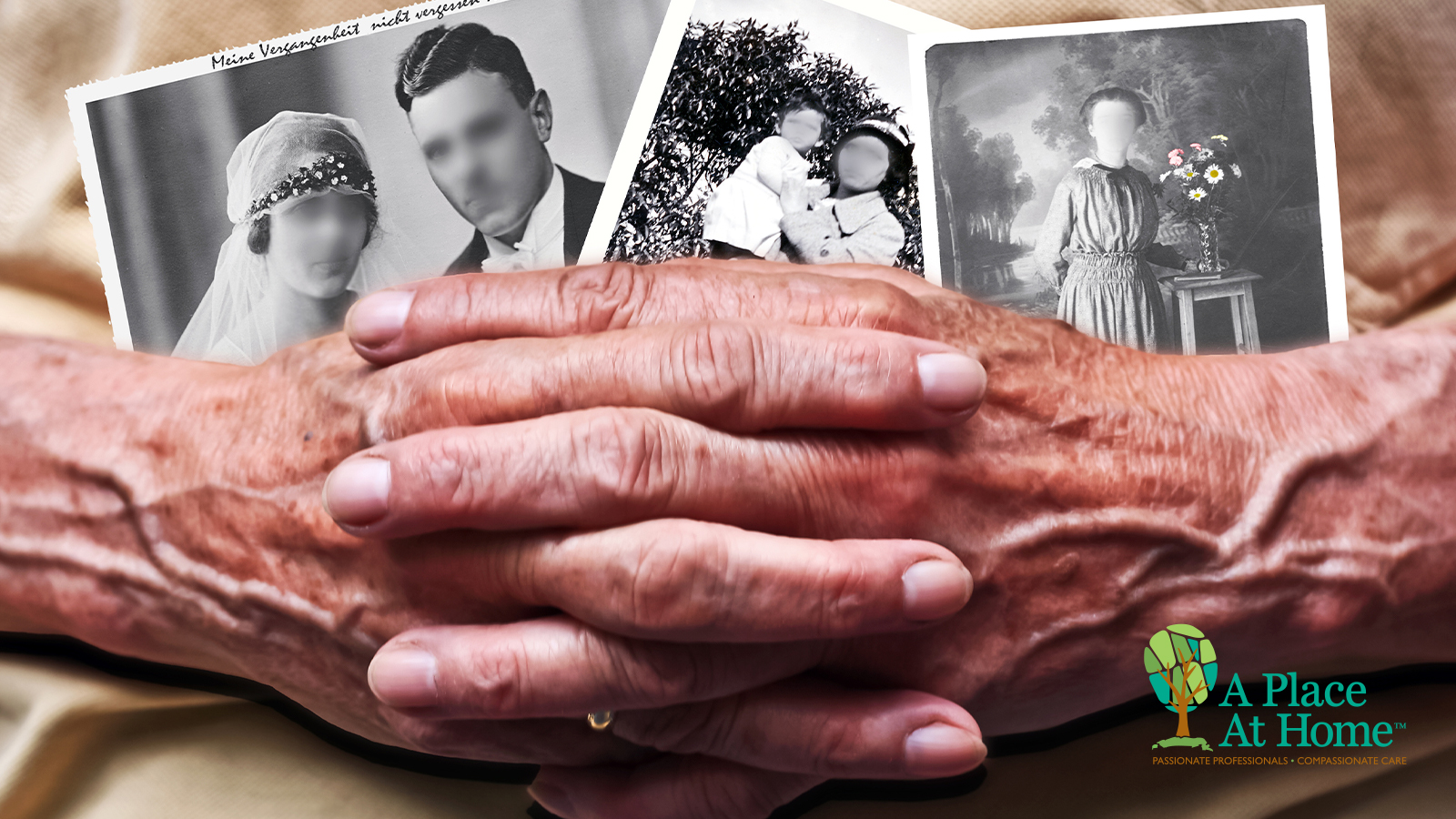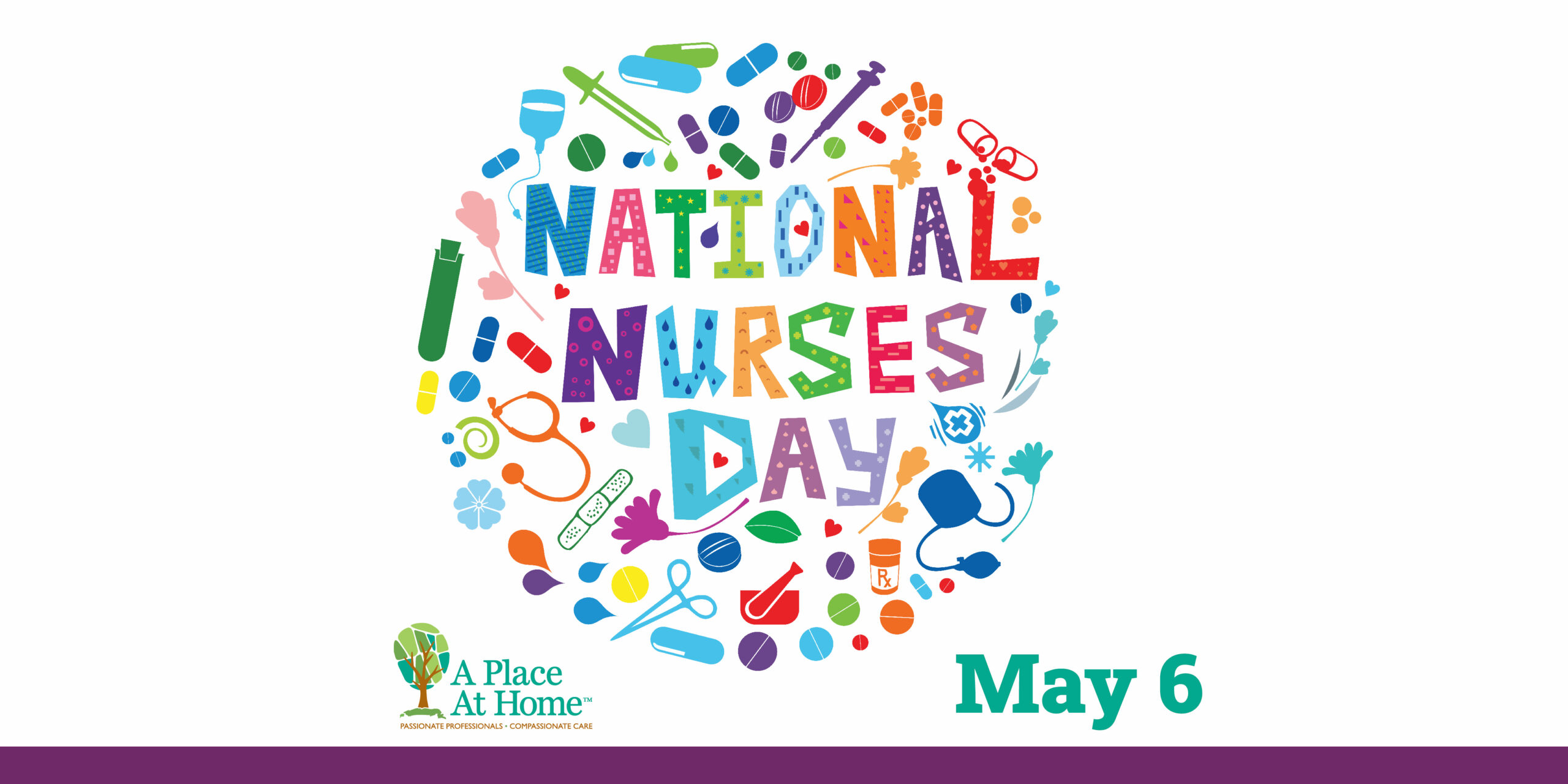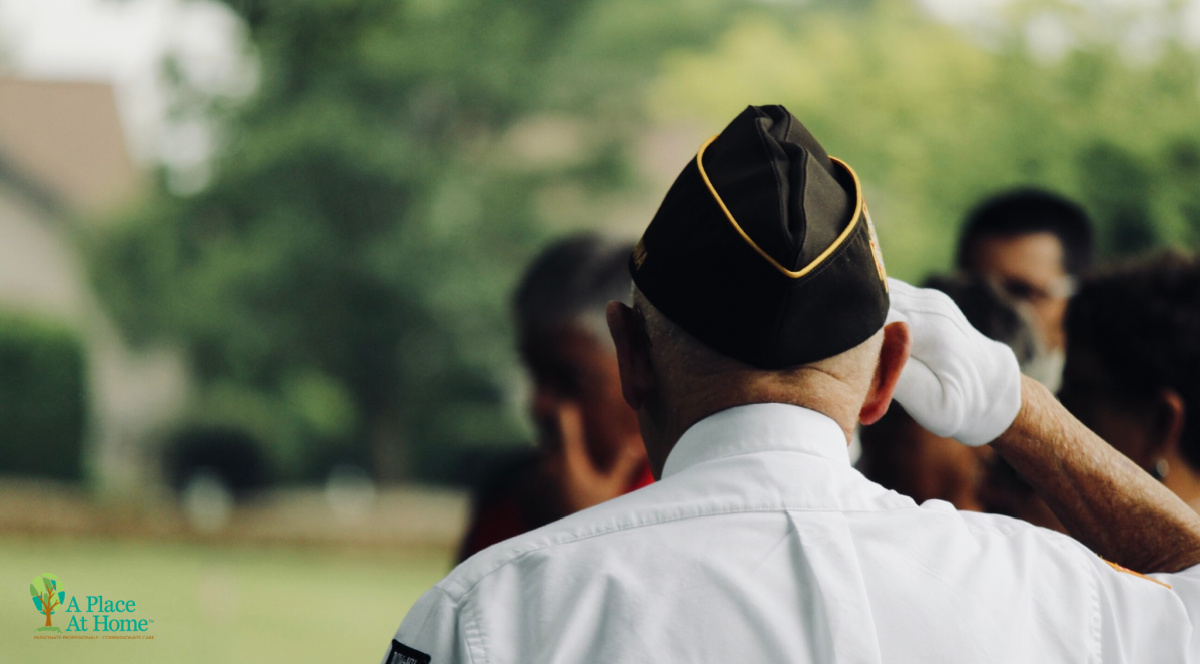It is the peak season for vacations to all sorts of destinations ranging from the beaches of the coast or the shopping and sightseeing of the big city. With children out of school, it is easy to bring the whole family together.
While entertainment and planning for the kids will be simple with hitting the water, fun rides, and larger-than-life activities, let’s make sure not to forget the needs and accommodations of your senior relatives.
Tips for Planning a Vacation with a Senior Relative
- Ensure that you book a stay at a hotel, Airbnb, or lodging equivalent with an elevator or book a room on ground level. This avoids carrying items for longer periods of time and climbing multiple flights of stairs.
- Schedule enough downtime. We all need our rest and to get off of our feet for a while. Plan for ample amounts of quiet time to rest, freshen up, use the restroom, and recharge. If possible, arrange to have a separate space for senior relatives to escape the hustle and bustle of vacation.
- Include them in the plans. Make sure to include activities that they love. Plan for activities and sights that appeal to them.
- Plan ahead, but also embrace flexibility. Establish a general idea of the sights, restaurants, and desired attractions and plan roughly estimated times for these activities. Think through the logistics and estimate with travel time, wait time, delays, and approximate duration of the activity in mind. However, allow flexibility. If a family member grows tired, adjust the plan accordingly.
- Assist them with packing. Run through the itinerary with them to make sure they have all the proper needs for each activity. If hitting the water or walking the town, pack items to accommodate their needs, such as extra sun protection and proper shoes.
- Consult with their doctor and ensure that they are safe to travel. Health conditions affect one’s ability to travel, especially by airplane. Check which form of travel their doctor recommends and guarantee that medical care is nearby your desired destination in the case of an emergency.
- If traveling by air, allow for enough time for leaving the house, traveling, arriving, restroom breaks, etc. Arrange for any onboard assistance, early boarding, or transportation throughout the airport. Book flights with a longer layover time to allow your relatives to recoup, use the restroom, and get from one gate/terminal to another.
- Bring all proper documentation, insurance information, and medication. Verify that all documentation is up-to-date and valid. Discuss these items with your relatives for clarity in the case of an emergency. Include the names of their medication, what they are used for, and the times they should be taken.
- Limit the amount of walking or strenuous activity. Rest is key. If sightseeing around the city, plan for longer stops along the way. Opt for sights where it is easy to drive up to and require less walking to reach. If visiting a theme park, break up the to and fro around the park with a longer lunch break, longer, seated, and less thrilling rides, or cart/trolley transportation around the park.
- If wheelchair-bound, confirm that the desired locations and attractions are wheelchair accessible. Confirm that the desired restaurants, lodging, museums, sights, etc. have wheelchair ramps, lifts, or elevators.
- Document the experience and share the photos with them. Memories are the best part of vacations. Bring a mobile device or digital camera to capture the experiences. Choose a polaroid camera or disposable camera for a fun, nostalgic way to document the memories.
- Manage expectations for the entire family and those traveling with you. Excitement will take over when on vacation — explain to the younger family members the need for rest, downtime, and patience. While waking up early may not be desired for the younger crowd, it is imperative to beat the crowds and ensure less hustle and bustle for the senior relatives to endure. Additionally, arrange to have a separate activity for the children as museums may not be interesting or they need to get some energy out.
- Proper hydration is important when traveling. With different altitudes and allergy/weather conditions, it is paramount that your family practices proper hydration. Carry water at all times and look out for the signs of dehydration in seniors.
- Consider bringing the help of a caregiver. A caregiver will provide your loved ones with the support and attention they need, even during vacation. They will assist with routine activities of daily living, such as dressing, using the restroom, and bathing, as well as have a full understanding of the medical needs of your senior relative.
If you are looking for in-home senior care, schedule a free consultation with our A Place At Home office. You can expect a quick response about pricing or answers to any questions about our in-home care, care coordination, or senior living alternatives. Our professionals are ready to provide you or your loved one with compassionate care, open communication, and support, and improve overall quality of life. Call or schedule a free, online consultation with your nearest A Place At Home location today!










